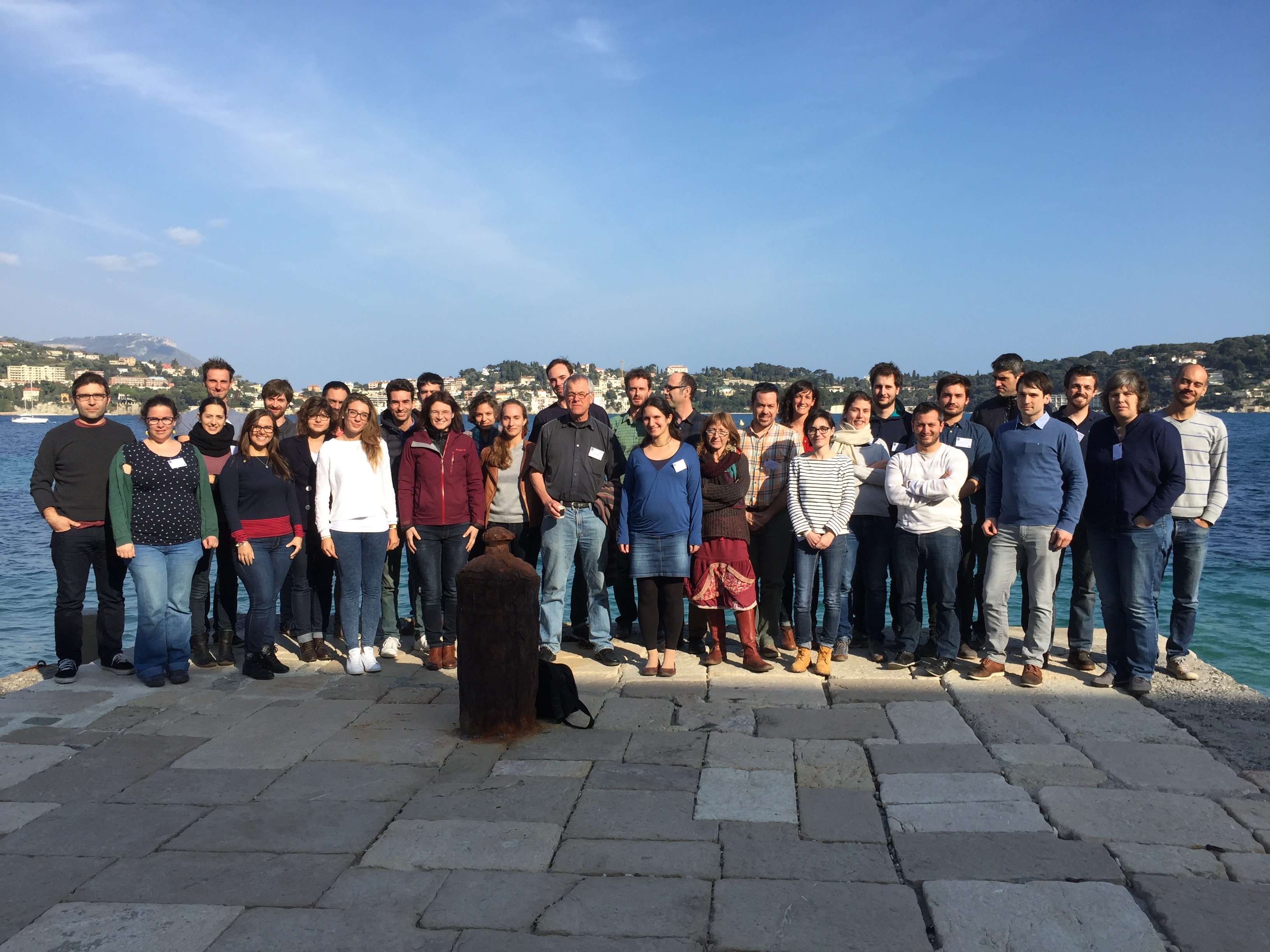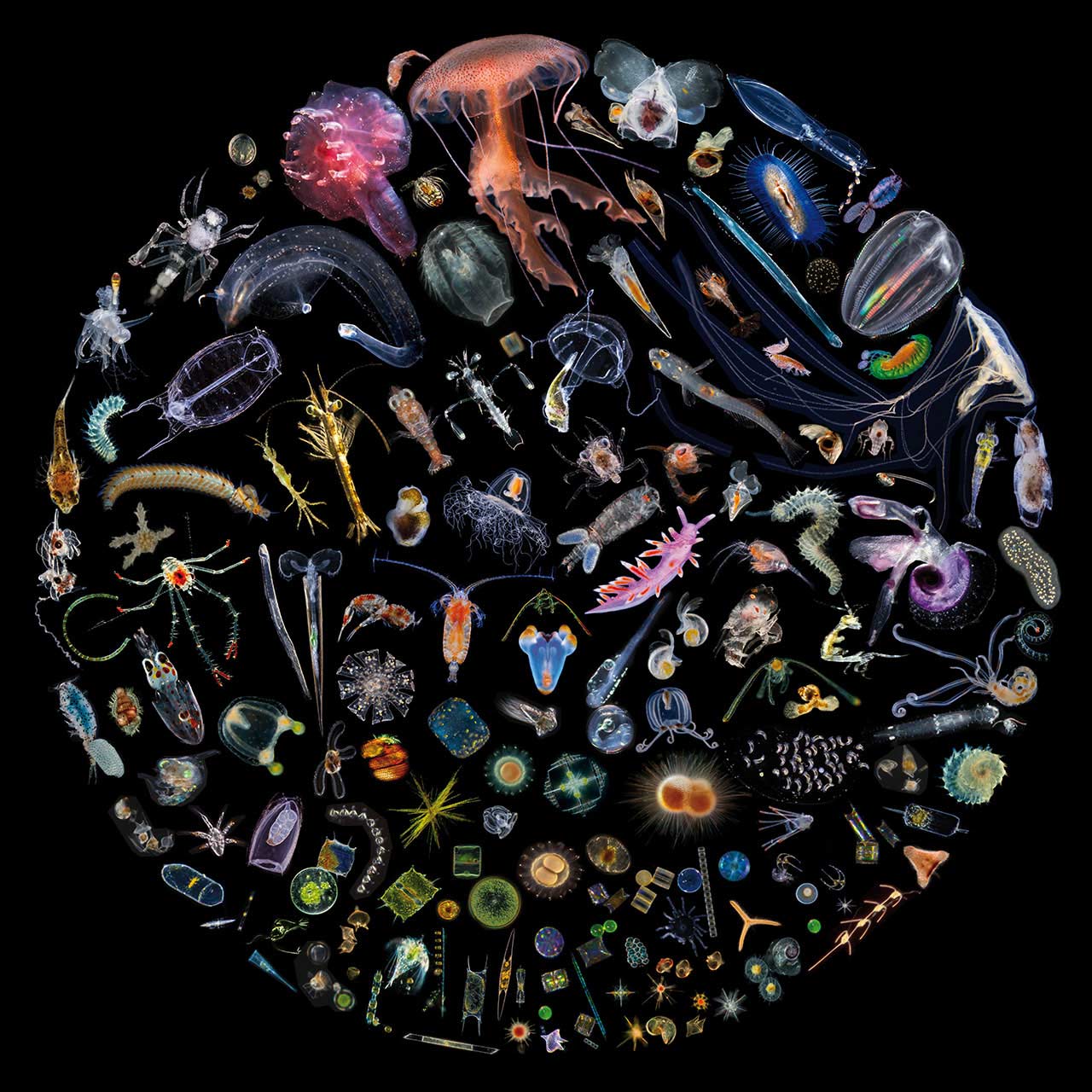About the PlankDiv workshop
The Foresight EuroMarine workshop PlankDiv aims at gathering expertise in species distribution and ecological niche modelling, plankton biogeography, functional traits, and plankton phylogeny to quantitatively assess the impact of climate and climate change on plankton community structure and functioning.

The main objective of the workshop is to structure a EuroMarine consortium gathering specialists in the study of potential impacts of climate change on plankton diversity and biogeography and specialists in marine ecosystem functioning, and to develop a joint proposal on future collaborative work. We will bring together specialists on European shelf seas, the North Atlantic and the global ocean to create synergies based on work at regional to global scale. The joint analysis of different ocean basins and shelf seas will allow for comparative work among different marine ecosystems (Mediterranean, North Sea, Atlantic Ocean, Barents Sea, Arctic Ocean, Antarctic Ocean), with a particular focus on: 1) the comparison of the drivers of plankton and trait biogeography, 2) differences in plankton ecological niches, 3) potential links between ecosystem composition and ecosystem functioning, and 4) the vulnerability of marine planktonic ecosystems to climate change.
The use of ecological niche models (ENM) for the investigation of the link between plankton ecosystem components, ecosystem function and ecosystem service provision will be stressed out. One working group will be dedicated to the use of ENM for the description of present and future plankton biogeography and diversity. A second working group will study the functional and phylogenetic diversity of plankton communities, and consequences for marine ecosystem function and service provision.
PlankDiv will also promote networking among early career researchers currently working on a diverse set of projects related to the impact of climate change on the structure and functioning of marine plankton ecosystems, especially using niche models and/or estimating plankton functional or phylogeneic diversity.
Key words: Climate change, biodiversity, plankton, biogeography, traits, ecosystem function, ecological niche modelling
